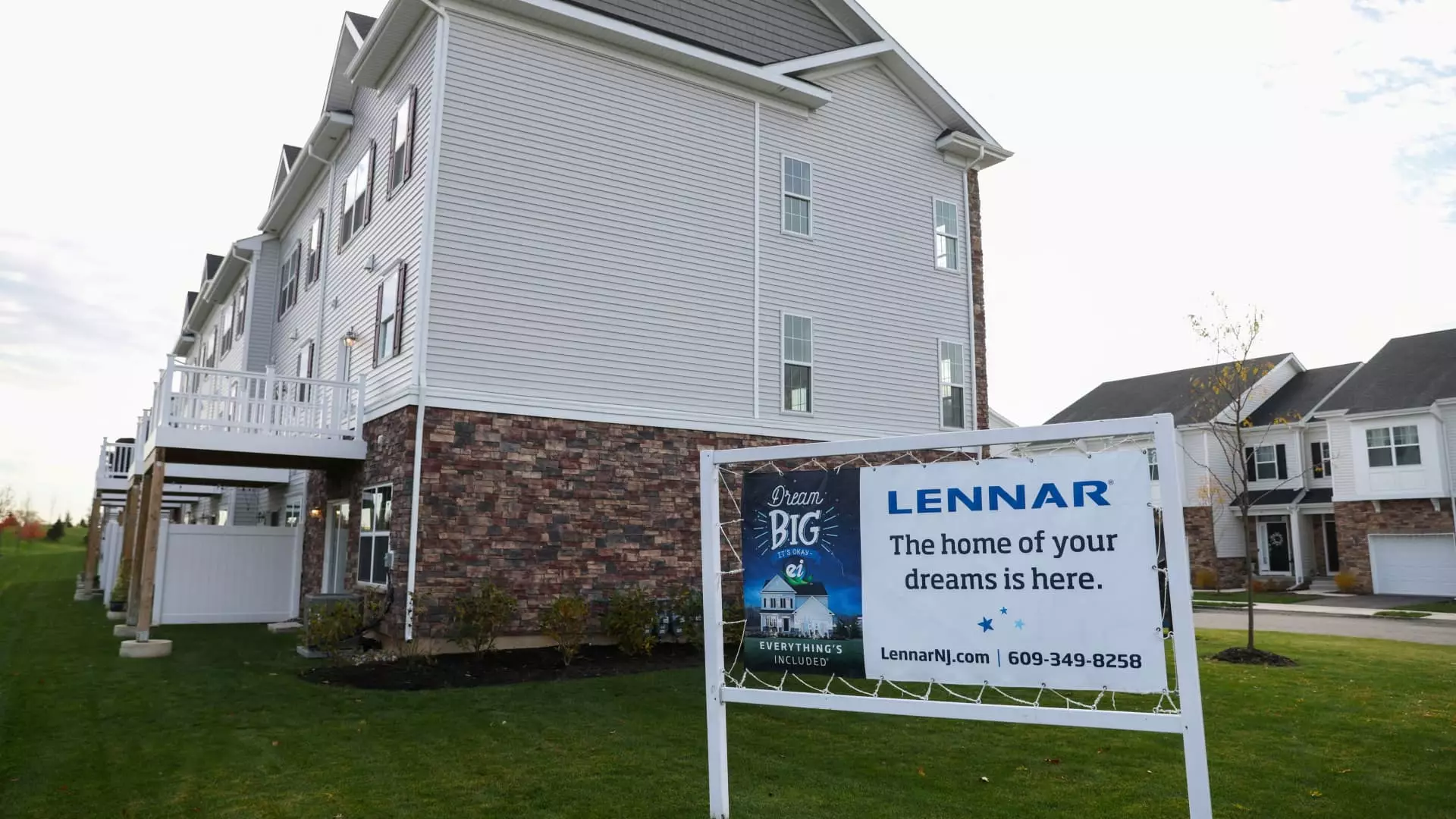The recent surge in mortgage rates has caused a significant decline in demand for home loans. In fact, last week marked the lowest level of demand for home loans since 1995. This article will analyze the impact of rising mortgage rates on the housing market, delving into the reasons behind the decline in demand and discussing the potential consequences of this trend.
According to the Mortgage Bankers Association’s seasonally adjusted index, total application volume fell by 6.9% compared to the previous week. The average contract interest rate for 30-year fixed-rate mortgages also increased to 7.70%, the highest rate since November 2000. This significant rise in rates has undoubtedly contributed to the decrease in demand for home loans.
Applications for mortgage loans to purchase homes experienced a week-to-week decline of 6% and were 21% lower than the same time last year. Similarly, applications to refinance home loans declined by 10% for the week and were 12% lower than a year ago.
Joel Kan, the Vice President and Deputy Chief Economist at the MBA, pointed out that the decline in applications was primarily driven by larger drops in conventional applications. It is worth noting that the adjustable-rate mortgage (ARM) share increased to 9.3%, the highest in the last 11 months. This suggests that more borrowers are turning to these types of loans to compensate for rising interest rates and home prices.
The main reason behind the decrease in demand for home loans can be attributed to the rising interest rates. With rates continuing to climb, potential homebuyers and refinancers are becoming cautious and contemplating the affordability of homeownership.
Furthermore, as interest rates and home prices rise, purchasing power diminishes, making it more challenging for individuals to afford homes. This financial strain has a direct impact on the demand for home loans, as borrowers are hesitant to take on substantial debt in such a challenging economic environment.
The rising mortgage rates and decline in demand for home loans raise concerns about the overall state of the housing market. If this trend continues, it could potentially hinder the recovery of the housing sector.
Lower demand for homes often leads to a decrease in housing prices. As a result, homeowners may experience a decline in the value of their properties, potentially leading to financial difficulties for those who rely on the equity in their homes. Additionally, a decrease in demand may also deter new home construction and development, further dampening economic growth.
Unfortunately, the recent surge in mortgage rates shows no signs of abating. Mortgage rates moved even higher at the start of this week, with the 30-year fixed-rate reaching 7.92%, according to Mortgage News Daily. This figure marks a cyclical high and only adds to the concerns surrounding the housing market.
If interest rates continue to rise, it is likely that the demand for home loans will continue to decline. This downward trend in demand will inevitably have long-lasting effects on the housing market and the broader economy.
The surge in mortgage rates has caused a significant decline in demand for home loans. This decline has impacted both purchases and refinancing, as potential borrowers are becoming more hesitant in light of higher interest rates and home prices. The consequences of this trend could have far-reaching effects on the housing market, potentially leading to a decrease in housing prices and hindering economic growth. It is crucial for policymakers and industry professionals to closely monitor these developments and take appropriate measures to stabilize the housing market.


Leave a Reply